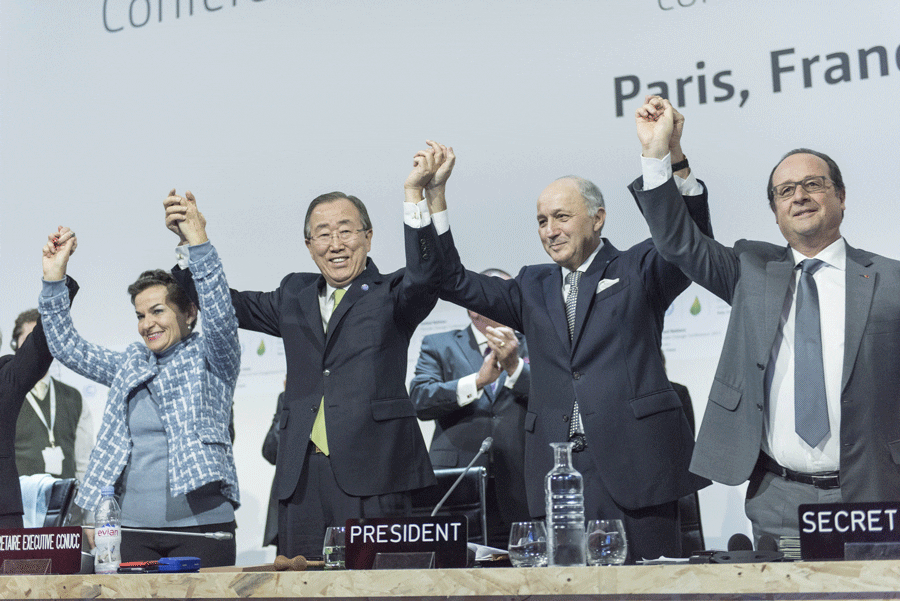Delivering the 1.5°C target
Co-investigator Dr Bronwyn Hayward invited to join a scoping meeting for the 2018 IPCC Special Report on the impact of global warming and the COP21 global greenhouse gas emission pathways.
Geneva, 15 Aug – 18 Aug 2016

CUSP co-investigator Dr Bronwyn Hayward has been invited to a steering meeting for the 2018 “Special Report on Impacts of Global Warming of 1.5°C above Pre-industrial Levels and related Global Greenhouse Gas Emission Pathways”.
In August, the meeting will bring scientists from across the globe to Geneva to offer strategic advice to the Intergovernmental Panel on Climate Change (IPCC) on the needs of poor communities and sustainable development as well as global greenhouse gas emission pathways; and to make recommendations to the next IPCC meeting about existing expertise that needs consideration in forthcoming research if the world has any chance of keeping global warming within 1.5°C.
“This scoping report is an enormous opportunity and responsibility,” Bronwyn said, “it builds on the work of so many international and national colleagues in science who have worked for many years on these issues…The world now has an opportunity to decide how it will respond to our changing climate and what we do next. Addressing the complex problems of climate change will require rethink(ing) how we produce and consume and relate to each other if we want to sustain human well-being and a liveable planet”.
ABOUT
The Intergovernmental Panel on Climate Change (IPCC) is the international body for assessing the science related to climate change. The IPCC was set up in 1988 by the World Meteorological Organisation (WMO) and United Nations Environment Programme (UNEP) to provide policymakers with regular assessments of the scientific basis of climate change, its impacts and future risks, and options for adaptation and mitigation.
Related Links
- Read more about the COP21 process.
- Achieving the 1.5°C target will require a massive and accelerated transformation in capital markets: a transformation which would be challenging at the best of times, and these are evidently not the best of times. Read more about it in Tim Jackson’s and Robin Webster’s report Limits Revisited.
- Have a look at the Carbon brief website, a UK based initiative covering the latest developments in climate science, climate policy and energy policy.
